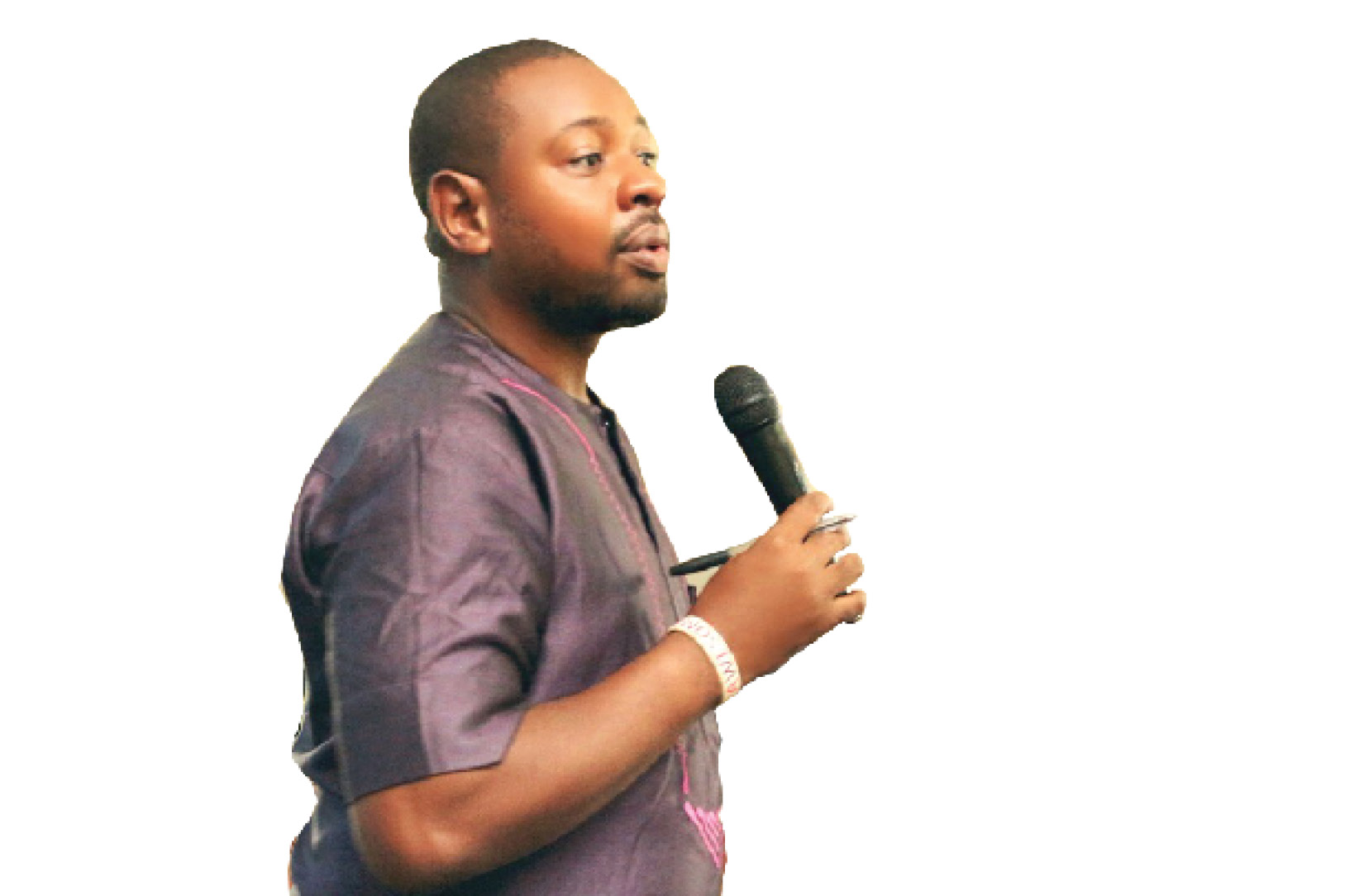AWDT calls for residency applications …debuts prize in honour of Kuria
The African Writers Development Trust (AWDT), in partnership with the Writers Guild, Kenya, has called writers to apply for the African Writers Residency. Executive Director of AWDT, Mr. Anthony Onugba, said that “the objectives of the African Writers Residency programme is to expose African writers to new cultures, encourage local content in African literature, provide […]

Anthony Onugba, Executive Director of AWDT
The African Writers Development Trust (AWDT), in partnership with the Writers Guild, Kenya, has called writers to apply for the African Writers Residency.
Executive Director of AWDT, Mr. Anthony Onugba, said that “the objectives of the African Writers Residency programme is to expose African writers to new cultures, encourage local content in African literature, provide transnational exposure, acclaim for writers of African descent, and connect writers of varied backgrounds, so as to improve social cohesion between the writing communities of Africa, among others.”
During the residency, which is part of the PenPen Africa Project, workshops and several “immersion activities” into the local culture will be held. The writers will write two short stories which will have a cultural undertone. A total of 24 short stories from the writers will be compiled in a book and disseminated in hardback and electronic book formats. The fully-funded residency programme will take place in Abuja, Nigeria, in November 2019 for 21 days.
In a related development, AWDT has called for children’s literature submissions for the maiden edition of the Wakini Kuria Literary Prize with the theme ‘Living’.
Established in honour of Kuria who died earlier this year, the contest is open to only Africans, deadline August 21 2019.
AWDT is an NGO that promotes reading culture, encourages cross cultural learning, sharing of creative ideas, mentoring, and capacity building among writers, irrespective of their economic, religious, cultural, tribal, national, political or philosophical orientation. They do this by providing publishing grants, educational grants, learning opportunities and other projects to empower writers.
